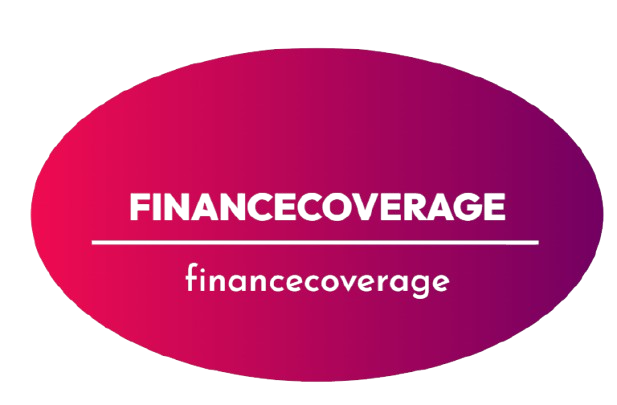←


25
Commando Adventure
Arcade


6
Fantasy Typing
Hypercasual


2
Braid Hair Salon Girls
Girls


4
Temple Battle Lightsaber
Action


5
Wild West Poker Lite
Puzzles


0
Conquer the galaxy
Adventure


0
Jungle Adventures 3
Adventure
→
New Release →
←
→
Adventure →
←
→
Puzzle Games →
Multiplayer Games →
←
→
Racing & Driving →
←
→
Fighting Games →
←
→
Arcade →
Shooting Games →
←
→
Adventure Games →
Girls Games →
←
→
Boys Games →
Hypercasual Games →
←
→
© My Awesome Website all rights reserved 2025






















































































































